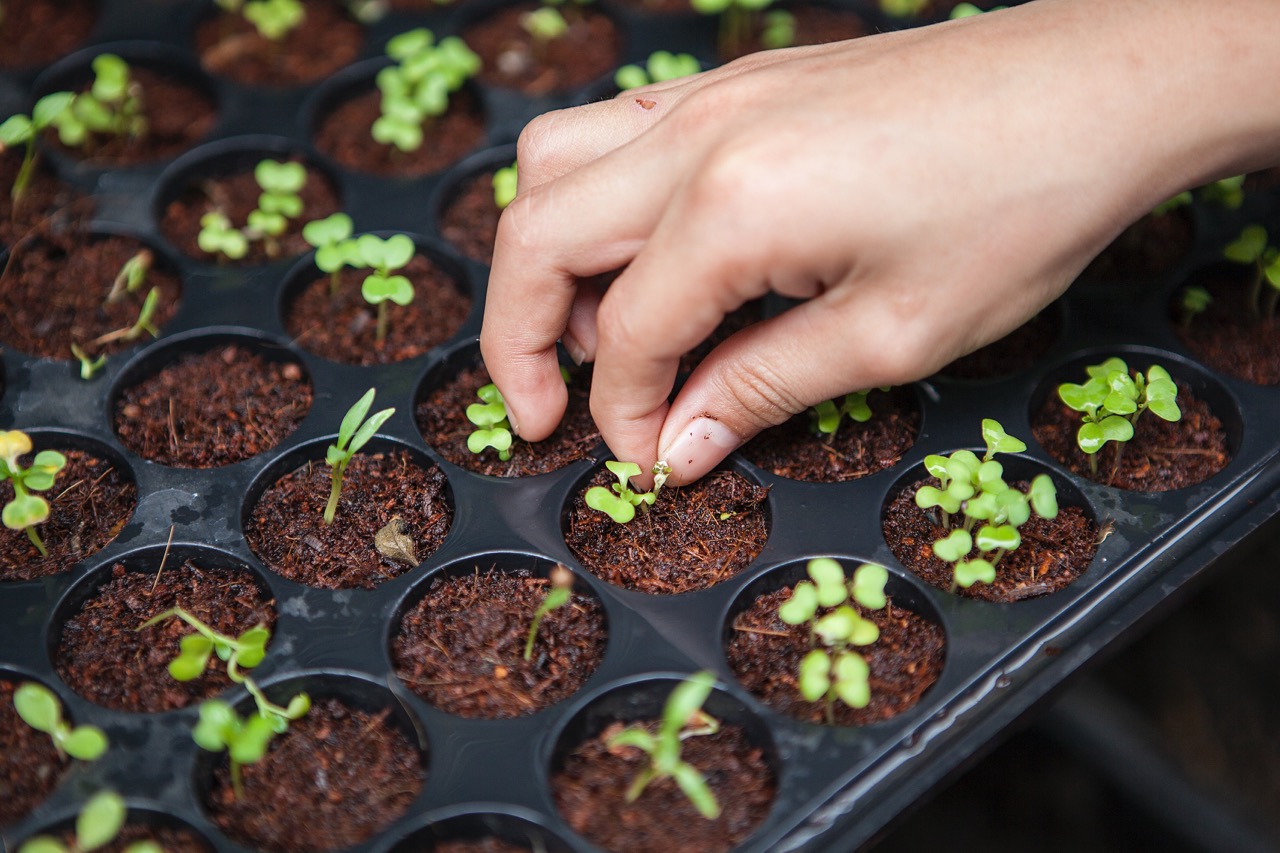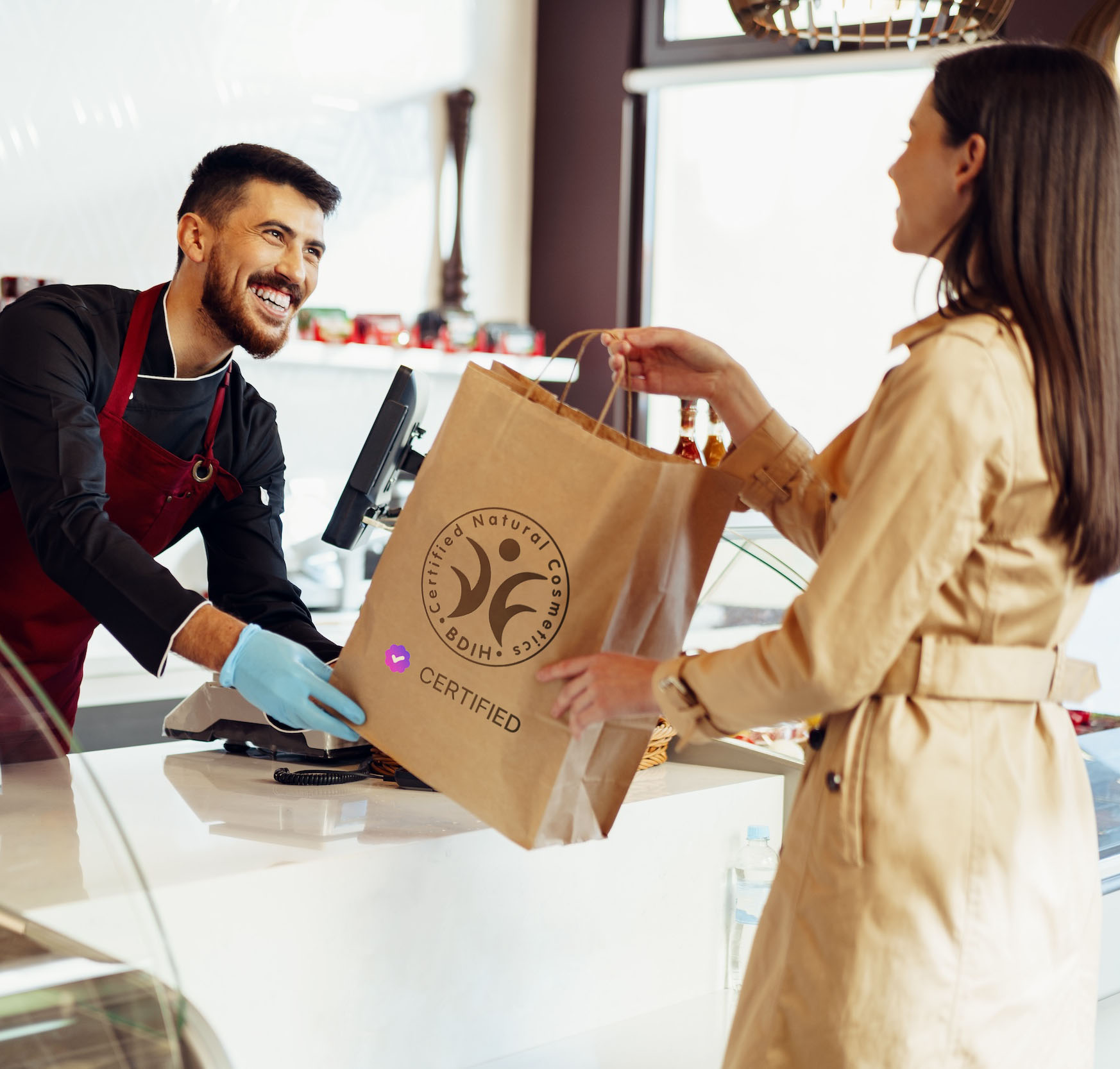Organic farming has become increasingly popular in recent years, with a growing number of countries adopting regulations to encourage and promote the practice. As a result, many different organizations and certifying bodies have emerged to provide reliable guidance on organic standards and certification. Here are six of the most widely recognized and accepted organic certifications for agriculture on the global stage.
1. IFOAM-Organics International
IFOAM-Organics International is a federation of over 750 organizations in 119 countries, dedicated to promoting ecological agriculture. The organization is recognized as the global umbrella body for organic agriculture and has developed a set of standards, guidelines, and certifying bodies, designed to ensure that organic farmers, processors, and traders comply with the principles of organic production. IFOAM-Organics International also works closely with national and international governments in setting standards, legislation, and policies for the organic sector.
2. U.S. Department of Agriculture (USDA)
The U.S. Department of Agriculture (USDA) is responsible for regulating organic production in the United States. The USDA’s National Organic Program (NOP) sets out the standards for organic food production, handling, and labeling. Certified organic products must meet the NOP’s standards and display the USDA Organic seal on their packaging.
3. Canadian Organic Regime (COR)
The Canadian Organic Regime (COR) is the Canadian government’s certification program for organic products. It is responsible for setting and applying standards for organic production and labeling. The COR is accredited by the USDA, and certified organic products can carry the USDA Organic seal.
4. European Union (EU)
The European Union (EU) has a comprehensive set of standards and regulations for organic production and labeling, known as Regulation (EC) No 834/2007. The regulations cover all stages of organic production, from growing and processing to labeling and marketing. The European Union’s organic certification is recognized in many countries around the world.
5. Japan Agricultural Standard (JAS)
The Japan Agricultural Standard (JAS) is Japan’s certification program for organic products. It sets standards for the production, handling, labeling, and certification of organic food products. The JAS is recognized in other countries, including China, South Korea, Taiwan, and the United States.
6. Organic Crop Improvement Association (OCIA)
The Organic Crop Improvement Association (OCIA) is an international certification organization with over 3,000 members in more than 40 countries. The OCIA sets standards for organic farm production and inspects and certifies farms to ensure they meet the standards. The OCIA is accredited by the USDA and its certified organic products can display the USDA organic seal.
Organic certification is an important part of organic farming and is becoming increasingly important as the demand for organic products continues to grow. To ensure that organic products meet the highest standards, it is important to find an organization or certifying body that is recognized and accepted around the world. Yet there is no singular governing body that has the highest standard for consumers to refer to, therefore businesses need to clearly communicate in their product, which certificate their product is bound to.
Gratitude can help with that. Gratitude enables businesses to become transparent by being powered by blockchain technology, with easy-to-use tools to record their supply chain, narrate the story, verify on blockchain and present the data in a beautiful landing page that can be issued via Gratitude’s QR Code or URL that can be placed on a physical product or embedded on digital marketing campaign. This includes all kinds of organic certification or any certificates. Customers can then simply scan the QR codes placed on the product or click the link on a digital campaign and clearly see the product’s journey, verify sustainability claims, or any supply chain data that the company wants to reveal to the customer.
Begin your business’ true transparency journey by implementing Gratitude to unlock the hidden value of your supply chain data. Talk to our representatives via the following channels for support or assistance in implementation:
Website : https://more-gratitude.com
Twitter : https://www.twitter.com/more_gratitude
Linkedin : https://www.linkedin.com/company/more-gratitude
Instagram : https://www.instagram.com/more_gratitude/
Facebook : https://www.facebook.com/followgratitude
Medium : https://www.medium.com/@more_gratitude
Sign up to our exclusive newsletter for special offers and latest industry insight :



